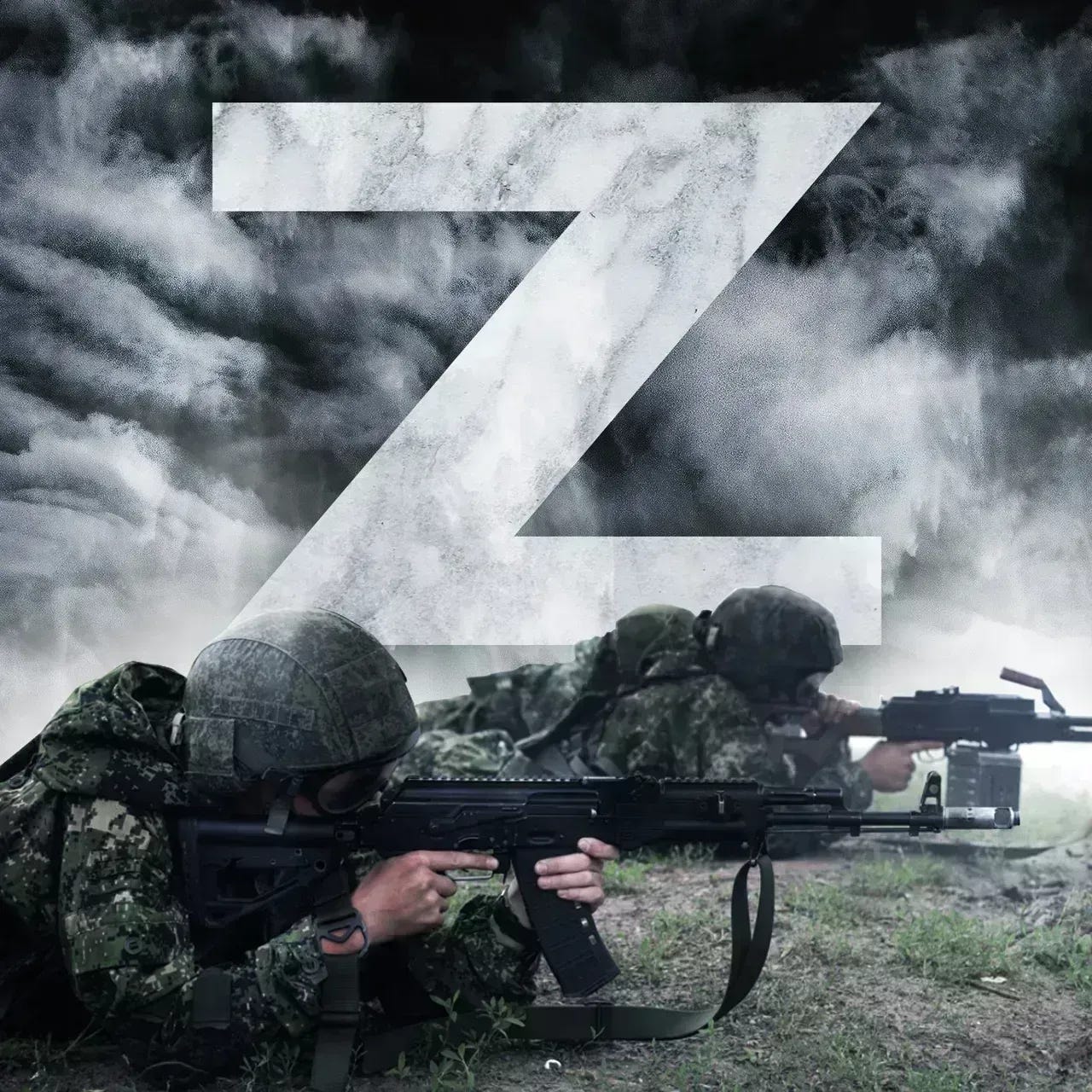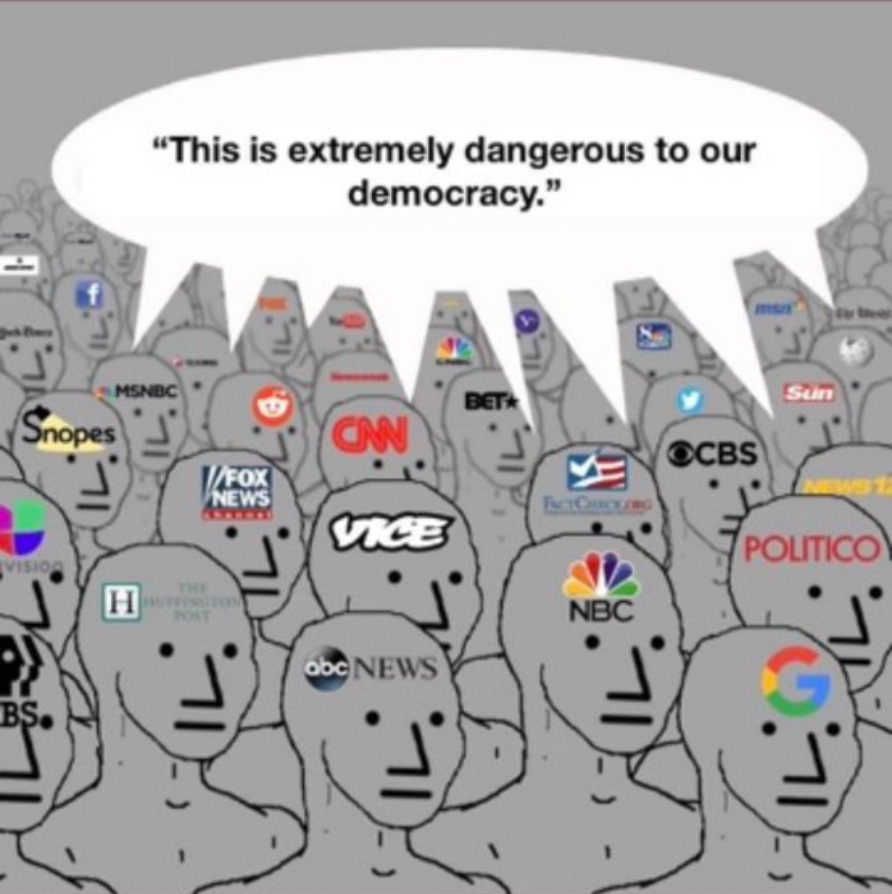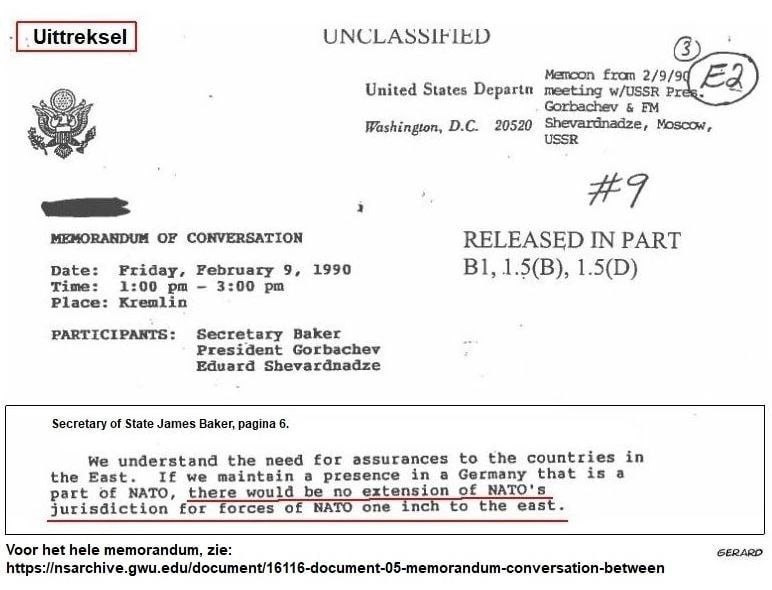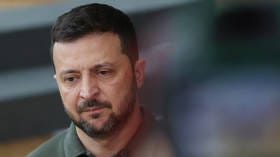RUNNING UPDATES ON THE CONFLICT IN UKRAINE - 25.07.2024
Including geopolitical issues affecting the balance of power in the ongoing end game war to establish our common future, a closely monitored prison planet or tolerance for diverse modes of governance.
THE ROAD TO THE ULTIMATE CONCLUSION OF WORLD WAR III RUNS THROUGH HERE.
Please note: During most of the month ahead we will be in transit.
Updates may be sporadic and perhaps absent during much of this time.
Our apologies for this alteration to your daily updates.
*** THE END OF THE CRIMINAL KIEV REGIME IS NOW IN SIGHT ***
“Ukraine. What is the truth...?
Why won’t western media tell both sides…?”
VIRTUALLY UNREPORTED ATROCITY IN LUGANSK, 2nd JUNE 2014
A lot has been said about atrocities in the western media claimed to have been perpetrated by the Russians, for example at Bucha and Mariupol among others. These assertions are conveyed on the say so of the Ukrainian authorities. How willing though are western news broadcasters to convey atrocities attributed to the Ukrainians? The following will I think provide the answer.
If anyone wonders if they are receiving accurate coverage of the conflict in Ukraine I would suggest watching the video below of an event which occurred on the 2nd of June 2014 and ask themselves if they recall hearing about it on any mainstream media news channel at the time.
The video is harrowing to watch. The bodies (five women and three men) are real. Yet across western media there was only one single news report that occurred a day later. This was from CNN and occurred only because a CNN team happened to be nearby at the time of the atrocity and so the network could hardly ignore it as all others so obviously did.
The video below shows the unvarnished truth that was not considered newsworthy in western mainstream news.
THE SINGLE WESTERN MSM REPORT ON THE LUGANSK ATROCITY, 3rd JUNE 2014
The video at the CNN link below is the crime scene sanitised by CNN, though played straight with honest reporting on the scene not playing things to Kiev’s tune.
(There was a time early in the war in the Donbass when CNN were not afraid to contradict the Ukrainian regime in Kiev.) Watch, because it's the first and last time you will see this.
5 women and 3 men died, all civilians.
Air attack on pro-Russian separatists in Luhansk kills 8, stuns residents.
COLLECTIVE WEST-UKRAINE <-> RUSSIA
SHAMELESS WESTERN MEDIA IGNORED THIS:
Airstrike in Lugansk - 10 Year Anniversary.
The Heat: Krasnohorivka Has Fallen, Pokrovsk And Toretsk Breakthrough. Military Summary For 2024.7.25
ALEXANDER MERCOURIS of THE DURAN: Syrsky Ukr MSM Admit Ukr Military Crisis, Rus 14 Km Mirnograd, Destroys Ukr Tank Base, Takes Vocha.
ALEX CHRISTOFOROU of THE DURAN: Biden saves democracy. Obama furious. Syrsky, Russia has more of everything. Scholz Chancellor again.
THE DURAN: Biden passes "torch" to Kamala w/ Robert Barnes.
Iskander: Russia's Unbeatable Missile System That Ukrainian Forces Simply Cannot Beat.
Russia's 9K720 Iskander mobile ballistic systems have become a veritable bane of the Kiev regime military in recent months, delivering precise and deadly strikes against Ukrainian armor, command and control installations, trains carrying military equipment and logistical hubs.
The incredible effectiveness of Iskander missile strikes against Ukrainian military targets is in no small part the product of this weapon’s capabilities, says retired Russian Army Colonel and military analyst Viktor Litovkin.
“Iskander has two types of missiles. There are ballistic or quasi-ballistic missiles that fly along a ballistic trajectory but deviate from the course right, left, up, down – that is, they maneuver along the trajectory, which is why they are called quasi-ballistic,” Litovkin explains. “They can rise up high in space and strike vertically at the intended target. They reach not only supersonic but also hypersonic speed at the moment of strike.”
“Then there are cruise missiles that fly towards the target, also at supersonic speed but navigating around the landscape. They fly 6-7-12 meters above the ground, within this range, moving towards the target like a snake,” he continues. “Both of these types of missiles are nearly impossible to detect and to intercept.”
According to Litovkin, Iskander missiles are so effective because enemy radars simply cannot “see” them, and if a radar cannot “see” a missile then it is impossible to fire an interceptor at it.
Accurate intelligence also plays a significant role in the success of Iskander strikes, since one needs to know the coordinates of the target to plot the missile’s trajectory and to take into account weather conditions and other factors that may affect the flight path, Litovkin says.
The analyst also pointed out that both the quasi-ballistic missile and the cruise missile in question pack quite a punch due to the significant yield of the warheads they carry, and that they cause considerable damage upon impact.
He does note, however, that there is no reason to use Iskander missiles against any target.
“You can’t just launch an Iskander because some infantry formation got spotted somewhere. Why should you do that? There are other missiles,” Litovkin elaborates.
A “heavy, large and expensive missile” like Iskander is better suited for taking out targets like airbases, oil refineries and port facilities, whereas smaller targets can be wiped out using missiles like Kalibr, drones or even artillery, he adds.
Iskander: Russia's Unbeatable Missile System That Ukrainian Forces Simply Cannot Beat.
DANIEL DAVIS - LARRY JOHNSON (EX-CIA INTEL ANALYST): Ukraine DOOMED by their Arrogance.
PROFESSOR JEFFREY SACHS: Blinken, Biden, Sullivan, Miller, Kirby - SHAMEFUL.
SEBASTIAN SAS: NATO Has Failed And Europe Will Pay The Price.
SEBASTIAN SAS: Oleksandr Syrskyi - This Is How The Truth Died In Ukraine.
Russia Destroys Ukrainian Tank Base in Kharkov.
NINA BYZANTINA - BORIS MALAGURSKI: FROM NATO TO CANCEL CULTURE: A TALK WITH FILMMAKER BORIS MALAGURSKI.
Kremlin names barriers to Ukraine peace talks.
Western interference and the Ukrainian leader’s expired term pose problems for the diplomatic process, spokesman Dmitry Peskov has said.
© Sputnik / Maksim Blinov
Russia is open to peace talks with Kiev but there are numerous issues that must first be resolved, including Vladimir Zelensky’s status and Ukrainian law, Kremlin spokesman Dmitry Peskov said at a press briefing on Thursday.
According to the spokesman, a number of points need to be clarified before negotiations can become possible.
“First, we need to understand how ready the Ukrainian side is and whether the Ukrainian side has permission for [peace talks] from its backers. So far, we are seeing very different statements,” Peskov stated, referring to Kiev’s Western sponsors and their outspoken reluctance to engage in talks with Russia.
The spokesman also reiterated that Moscow considers Zelensky’s legitimacy as head of state to be void, considering his term ended in May and elections were not held due to martial law. Russian President Vladimir Putin previously said that Zelensky’s legitimacy matters with regard to a potential peace treaty, since crucial documents must be signed with legitimate authorities.
Peskov added that another obstacle is the decree banning negotiations between Kiev and the current leadership in Moscow, signed by Zelensky in 2022. The Kremlin spokesman noted that as “these prohibitions still apply,” it makes the possibility of talks difficult from a legal point of view.
“But from a practical point of view, we are open to achieving our goals through negotiations,” Peskov emphasized. There are various options for launching the peace process and Russia is actively considering them, he added.
READ MORE: Zelensky has no legitimacy – Kremlin
Ukraine’s rhetoric on peace talks has shifted in recent weeks. While Zelensky was previously adamant that he would not negotiate with Putin, earlier this week he signaled he wanted the diplomatic process to begin sooner rather than later. In order to do this, Zelensky said there is “no difference” regarding who he engages with, “Putin or not.”
Following a meeting this week between Ukrainian Foreign Minister Dmitry Kuleba and his Chinese counterpart, Wang Yi, Chinese Foreign Ministry spokeswoman Mao Ning said Kiev’s representative had made it clear that “Ukraine is ready and willing to engage in dialogue and negotiations with Russia.”
It is unclear, however, if Ukraine would be willing to change the conditions it previously set in Zelensky’s ‘peace formula’, which demands that Moscow withdraw its troops from all territory claimed by Kiev. Russia has dismissed the plan as detached from reality. Putin voiced his own peace proposal last month, saying he was ready to start talks once Kiev commits to neutral status and cedes its claims to all five former Ukrainian regions that have chosen to join Russia. His overture was rejected by Zelensky as an “ultimatum.”
Kremlin names barriers to Ukraine peace talks.
Paid-up Communist turned Neo-Nazi MP: How the victim of Ukraine’s latest political murder promoted hatred in her country.
The killing of ideological chameleon Irina Farion is a symbol of both the victory and defeat of radicals.
Last weekend, Irina Farion, a notorious Ukrainian far-right politician and academic was shot in the head by an unidentified assassin not far from her house in the western city of Lviv. She died some time later in hospital.
The killer has not been found yet, but the main suspect is an unidentified young man who, according to the accounts of neighbors, had been watching Farion’s house for several weeks. The motives remain unknown, but it is no secret that the victim – a former MP in the national parliament for the ultra-nationalist Svoboda – had many enemies.
Farion’s scandalous, offensive, and chauvinistic views were so radical that she even became involved in a public conflict with right-wing radicals from the Ukrainian army. Now her murder has shaken the country.
A scandal-monger from the Soviet Communist Party
In February 2010, as a deputy of the Lviv Regional Rada, Farion visited a kindergarten and insulted children whose names she considered insufficiently “Ukrainian”. The deputy claimed that a boy named Misha should be called Mykhailyk, that the name Liza comes from the word “lick”, and told girls named Alyona to “pack [their] bags and go to Moscovia (Russia).” Despite causing a public uproar, however, the incident did not affect Farion’s political career, something quite typical for modern Ukraine.
Read more: War of the words: How Ukraine broke its promises to Russian speakers
The future champion of the “purity” of the Ukrainian language was born in Lviv in 1964, to a librarian mother and machine fitter father. After graduating from school, she briefly worked in a regional library herself, and in 1982 entered Lviv’s Ivan Franko National University, where she studied at the Department of Ukrainian Philology. While at university, Farion worked as an assistant at the Department of General Linguistics and was the head of the Center for Ukrainian Studies at the Department of Folklore Studies.
Farion was definitely no dissident at the time. She was a member of the All-Union Leninist Young Communist League, a member of the group’s Komsomol bureau, headed the club of general linguistics and Marxist-Leninist aesthetics, and was a member of the department’s International Friendship Club, where she helped foreign students learn Russian.
Farion was a member of the Communist Party of the Soviet Union (CPSU) until 1989. Later, after launching a political career with the Neo-Nazi Svoboda Party, she stubbornly denied this fact, but was later forced to admit it after the corresponding evidence was published.
At first, Farion explained that she became a member of the CPSU because she wanted to destroy the communist system from the inside. Her political opponents didn’t really buy it, but Farion didn’t care. “Eagles don’t confess to hyenas,” she said at the time. However, a few years later, her version changed. Farion stated that she “joined this shit [the Communist Party]” guided “only by career growth motives.”
In the ‘90s, Farion taught, wrote scientific articles, and popularized the Ukrainian language. The 2004 Orange Revolution was a turning point in her life. At that time, the pro-Western presidential candidate Viktor Yushchenko actively relied on the nationalists during a street confrontation with supporters of Viktor Yanukovych. Ukrainian nationalist organizations which had previously been considered marginal suddenly had the opportunity to take part in legal electoral politics.
The philologist comes to power
In 2004, Lviv politician Oleg Tyahnybok became a member of the Verkhovna Rada. Shortly afterwards, he took control of the very small but highly active and radical Social-National Party of Ukraine. Tiahnibok “rebranded” the party, which became known as the The All-Ukrainian Union Svoboda [Freedom]. He subsequently removed direct references to the national-socialist ideology from the party’s symbology and political program.
Svoboda decided to act in a different way. After the Risorgimento, Massimo d’Azeglio, who took part in the fight for the unification of Italy, famously said, “We have made Italy, now we have to make Italians.” Svoboda decided to “make” proper Ukrainians, and turned the Ukrainian language into a yardstick by which loyalty to the Ukrainian state was measured. That’s when the philology professor turned out to be very useful for the party.
In 2006, Farion was elected to the Lviv Regional Rada (parliament), and in 2012, during the period of Svoboda’s greatest electoral success, she became a deputy of the Verkhovna Rada (national parliament), joining the its Committee on Science and Education. However, as a deputy she became known not so much for lawmaking as her involvement in scandals.
“The people who don’t know the language are either politically biased or mentally retarded. Which coordinate system are you part of?” she asked then-Prime Minister of Ukraine Nikolai Azarov – who defended the Russian language – during a parliamentary meeting.
“Bilingualism did not ‘develop historically’ but became the legacy of Moscow’s occupation, repression, genocide, mixed marriages, the prohibition of the Ukrainian language, and planned and natural migration,” Farion fumed.
As an MP, she actively opposed the Kolesnichenko-Kivalov law on regional languages in Ukraine, which effectively granted the country’s predominantly Russian-speaking regions the right to use the tongue as a second language. According to Farion, the aim of this law was not to ensure the right to speak a person’s native language, but to promote “degeneration and degradation.”
“The Russian language in Ukraine cannot be either a regional or a second state language, but only [the language of] occupants,” said Farion, who encouraged “true Ukrainians” to “aggressively resist everything Muscovite.”
In 2014, in elections held after the Western-backed Maidan coup, Farion lost her seat in the parliament for good. However, she remained a public figure in Ukraine.
Her war
With every year, Farion’s statements became more scandalous and provocative. For example, she said that “if Ukrainians had simply kicked every Muscovite in the jaw, [Ukraine] would have won the war long ago.” Farion also often blamed the Russian-speaking population of Ukraine’s southeastern regions for sparking the Civil War, which engulfed Ukraine in 2014. She called on the authorities to refuse employment and education to anyone who unable to speak Ukrainian, and in 2018 called Russian-speaking Ukrainians “mentally retarded traitors.”
In 2021, after seeing a photo of 19-year-old Ukrainian Olympic medalist Yaroslava Maguchikh standing alongside her Russian rival Maria Lasitskene, Farion called Maguchikh “biological waste” and said that she should be stripped of her medals. She also outlined how her grandson beat Russian children in kindergarten.
“My Dmytryk, when he comes to kindergarten, sees a certain Grisha, who says ‘privet’ [’Hi’ in Russian]. And my grandson has to teach him Ukrainian by using his little fist. The child comes home all nervous and says, ‘Grandma, there is a Muscovite in the kindergarten.’ And grandma says that Muscovites must be eliminated. And Dima eliminates the Muscovite, he punches him, [teaching him] the right pronunciation,” she said.
After the start of full-scale hostilities in 2022, Farion was critical of Russian-speaking soldiers in the Armed Forces of Ukraine (AFU). “I can’t call them Ukrainians. If they don’t speak Ukrainian, they should call themselves Russians. If they are such great patriots, they should show their patriotism,” she said about fighters from the Azov regiment, which has its roots in Ukraine’s southeast.
Farion stressed that her fight for the purity of the Ukrainian language is more important than the fighting on the front line, and called on Vladimir Zelensky and then-AFU Commander-in-Chief Valery Zaluzhny to react to the “rude behavior” of soldiers, who publicly criticized her for the scandalous remarks.
As a result, Farion was fired from the Lviv Polytechnic University where she taught, though she was later reinstated by a court ruling. However, Farion was killed before she managed to return to teaching.
***
Her biography illustrates the course of Ukrainian nationalism over the past 30 years. When it was convenient, Farion positioned herself as an ideological communist; then, when the wind had changed direction, she became a radical nationalist – one that the Ukrainian authorities had no need for following the 2014 Euromaidan coup.
Farion constantly emphasized the “inferiority” of Russian-speaking Ukrainians, but ignored the fact that Ukrainian radicals from the western regions were not considered “first-class” citizens either. They were simply used by the elites to justify the idea of Ukraine’s independence and to sever ties with Russia.
In fact, western Ukraine has never felt the benefits of this independence. It remained significantly poorer than the Russian-speaking southeastern regions. Meanwhile, the oligarchs – who really run the country – have merely used the nationalists for political engineering purposes.
Currently, Ukraine’s southeast is bearing the brunt of the conflict: the fighting is taking place there, and Kiev aggressively conscripts from the region. Some Ukrainian political commentators believe that Farion’s killer was a Russian-speaking Ukrainian nationalist. In this case, it would be somewhat ironic, given her beliefs. It seems her movement indeed managed to “create” Ukrainian patriots. But ones with a different point-of-view.
By Dmitry Plotnikov, a political journalist exploring the history and current events of ex-Soviet states










